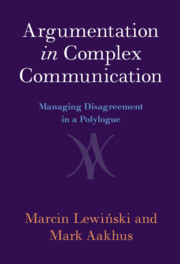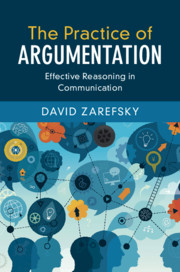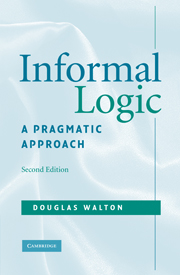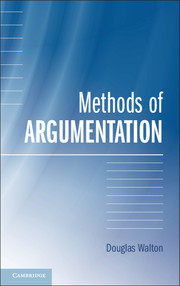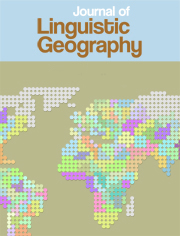Argumentation in Complex Communication
A pervasive aspect of human communication and sociality is argumentation: the practice of making and criticizing reasons in the context of doubt and disagreement. Argumentation underpins and shapes the decision-making, problem-solving, and conflict management which are fundamental to human relationships. However, argumentation is predominantly conceptualized as two parties arguing pro and con positions with each other in one place. This dyadic bias undermines the capacity to engage argumentation in complex communication in contemporary, digital society. This book offers an ambitious alternative course of inquiry for the analysis, evaluation, and design of argumentation as polylogue: various players arguing over many positions across multiple places. Taking up key aspects of the twentieth-century revival of argumentation as a communicative, situated practice, the polylogue framework engages a wider range of discourses, messages, interactions, technologies, and institutions necessary for adequately engaging the contemporary entanglement of argumentation and complex communication in human activities.
- Exposes the ever-widening gap between today's theory and practice of argumentation – and bridges it by offering new concepts to analyze, evaluate, and design argumentation
- Overturns a profound bias in argumentation theory that limits the capacity and reach of the field for engaging complex communication in contemporary, digital society
- Offers an innovative theoretical framework for analyzing, evaluating, and designing polylogues, understood as practices of managing disagreements among multiple positions, players, and places
Awards
Winner, 2023 Distinguished Book Award (Philosophy of Communication Division), National Communication Association
Reviews & endorsements
'Lewiński and Aakhus provide a detailed and in many ways compelling argument for viewing polylogues involving multiple parties (not monologues or dialogues) as the more fundamental type of communication. Their thesis has important consequences for how we understand argumentative discourses and should command serious attention from scholars and students in a number of related fields.' Christopher Tindale, University of Windsor
'[This book] develops a compelling framework for how we ought to be studying argument in our increasingly mediated and digitized world. It is a book worth reading, and it is one likely to change conversations, offering a way to bring nuance and better judgment to public and personal debates about what are appropriate courses of actions.' Karen Tracy, Argumentation
Product details
December 2022Hardback
9781009274371
256 pages
235 × 157 × 20 mm
0.56kg
Available
Table of Contents
- Part I. Seeking, Seeing, and Embracing Polylogue:
- 1. Seeking polylogue
- 2. The Dyadic reduction
- 3. Seeing polylogue
- 4. Embracing polylogue. Part II. Analyzing, Evaluating, and Designing Polylogue. 5. Descriptive analysis of polylogues
- 6. Normative evaluation of polylogues
- 7. Prescriptive design of polylogues. 8. Conclusion.

